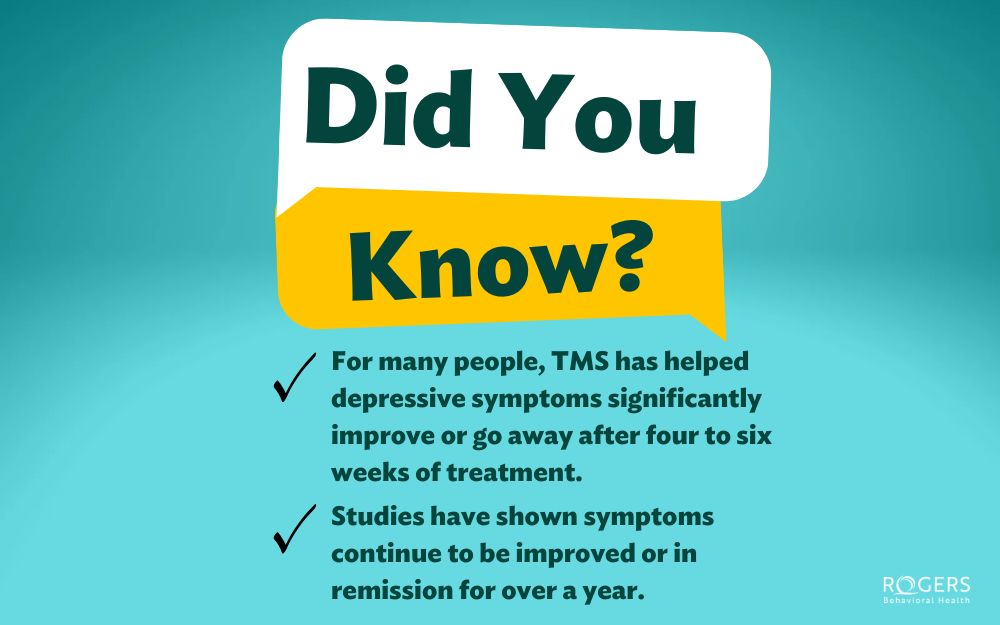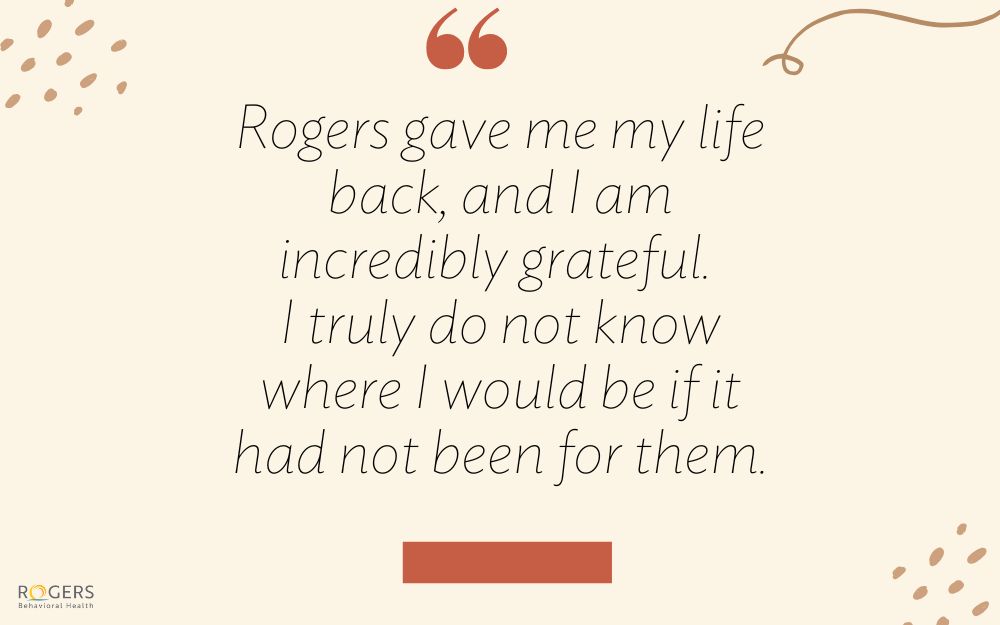Navigating treacherous seas: Strategies to address outcome predictors in pediatric OCD treatment
View slides from this presentation
Cognitive-behavioral therapy has proven efficacious for pediatric OCD, both alone and in combination with serotonergic medications. Nevertheless, some negative predictors of treatment response have been identified. Martin E. Franklin, PhD, executive clinical director of OCD and Anxiety Services, offers clinical recommendations for navigating around the most common of these, including low motivation for change, unusual obsessional content, psychiatric comorbidity, and family accommodation.
Related resources
"The support, encouragement, and (good) challenges that I received quite…
Transcranial magnetic stimulation (TMS) is an outpatient procedure used…
“Any time I think about my time at Rogers, I smile remembering the…



